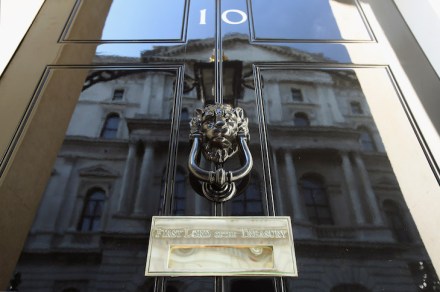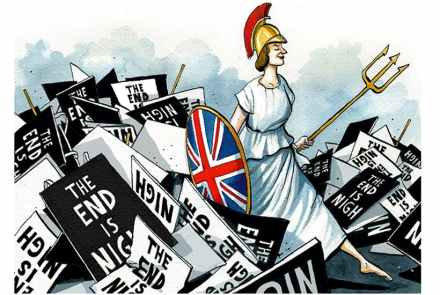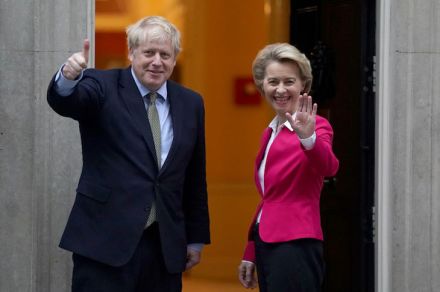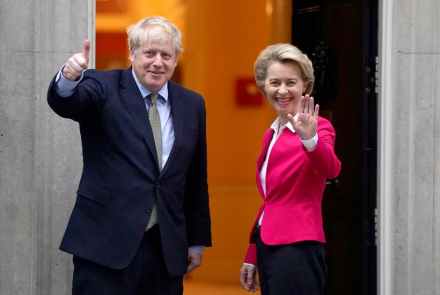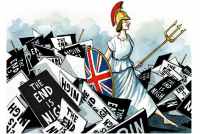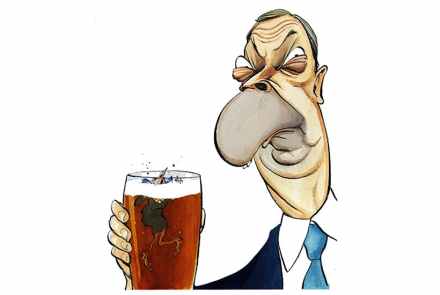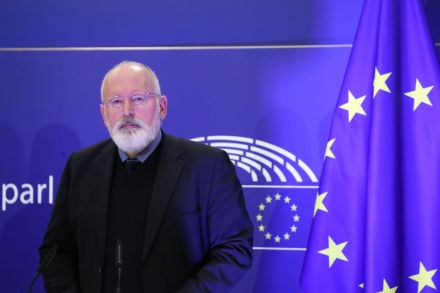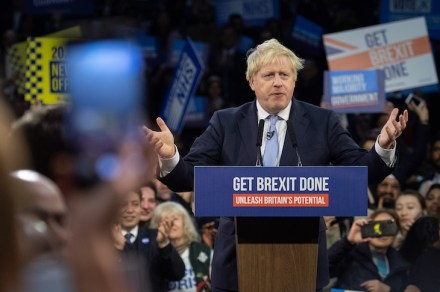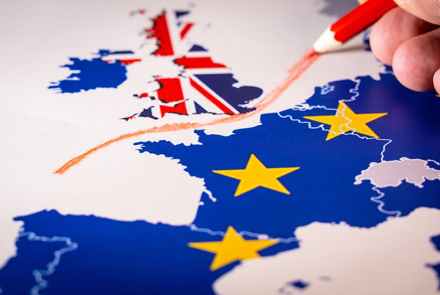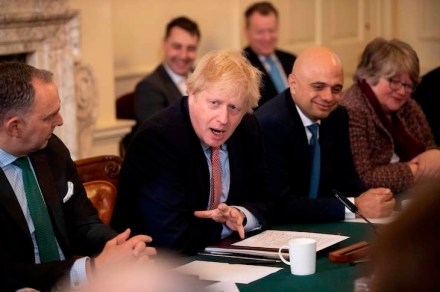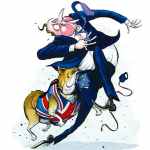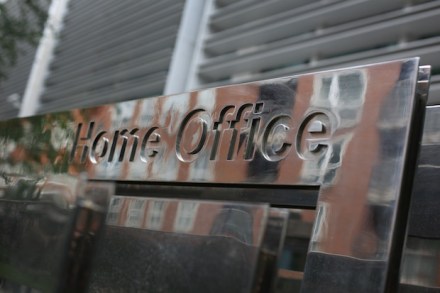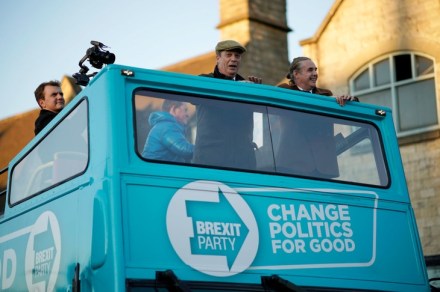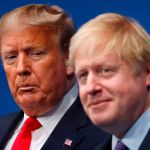How to run Number 10: An insider’s guide
Gavin Barwell was Theresa May’s chief of staff between 2017 and 2019. He was the MP for Croydon Central between 2010 and 2017 and served May as secretary of state for housing. He was made a life peer last year. This is a transcript of a speech he gave to the Institute for Government last night. I became chief of staff to the prime minister in the immediate aftermath of the 2017 election. I had lost my seat, the result was declared in the early hours of Friday morning. I went back to bed because I’d been up for about 30 hours at that point. And then I did a media
